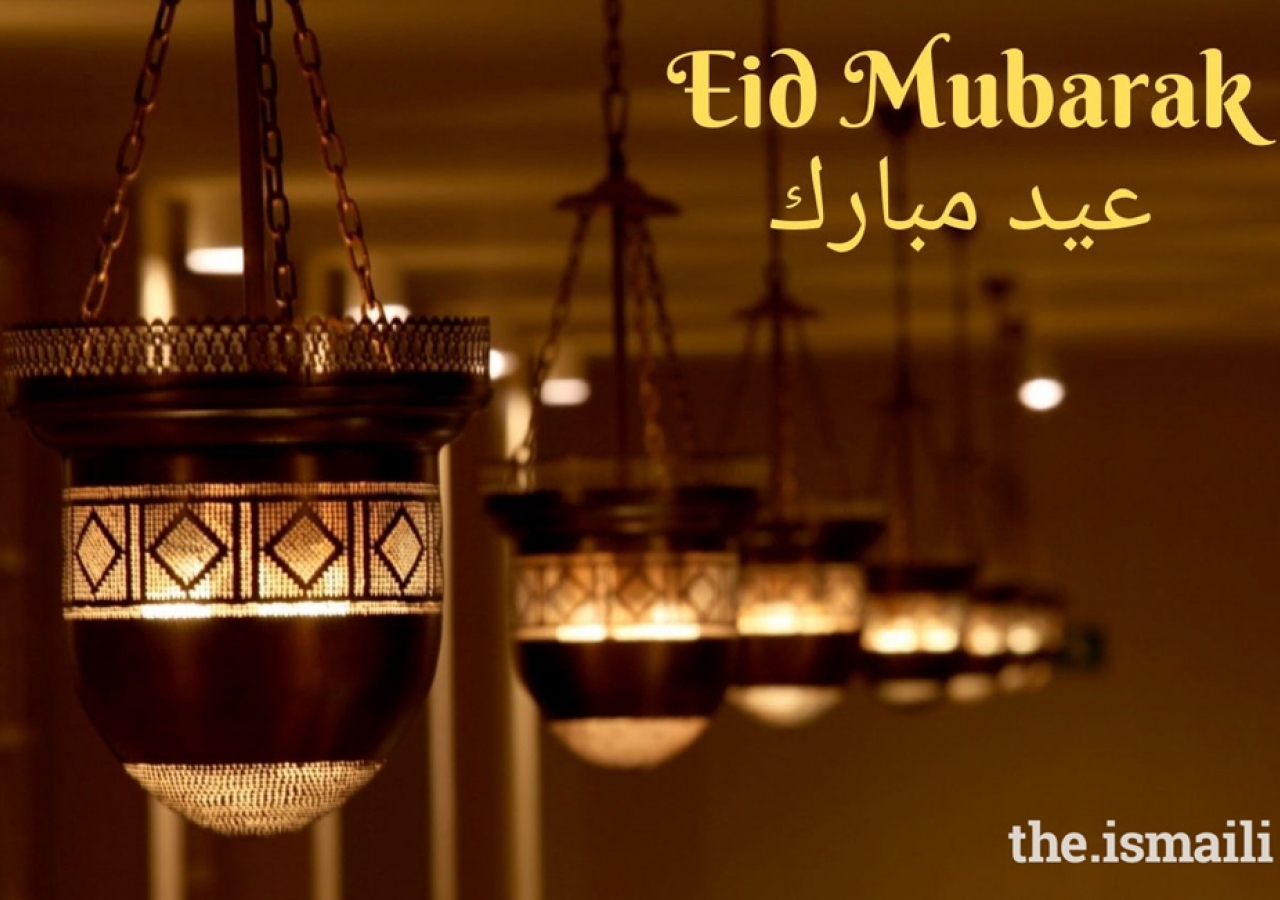Eid al-Adha, the Festival of Sacrifice, is observed by Muslims around the world in commemoration of one of the greatest trials of faith in the life of Prophet Ibrahim (Abraham – upon whom be peace). In Muslim and Judeo-Christian traditions, it is related that, as a test of Prophet Ibrahim's faith, the Almighty calls upon him to sacrifice his beloved son. At the moment of the sacrificial act, a Merciful intervention spared his son's life.
The Qur’anic notion of sacrifice — qurbani — is best understood as an unconditional submission to the will of Allah. Indeed, the Holy Qur’an denotes that Allah rewards those who submit to His will:
“We called out to him, ‘O Ibrahim, you have already fulfilled the vision' – thus indeed we reward the righteous… indeed this was a manifest trial…”
– Surah 37, Ayats 104–106
The Qur'an refers to Prophet Ibrahim as a muslim – one who submits willingly to Allah – and affirms the nobility of the Prophetic lineage:
“Allah did choose Adam and Nuh, the family of Ibrahim, and the family of Imran above all people; Offspring, one from the other, Allah is All-Hearing, All-Knowing.”
– Surah 3, Ayats 33–34
In Muslim belief Prophet Muhammed (peace be upon him and his family) was the last and final in the line of Allah's Messengers.
According to the Shia interpretation, the authority for guidance devolved upon his cousin and son-in-law Hazrat Ali and vests thereafter in the Imams in the progeny of Prophet Muhammed through Hazrat Ali and Hazrat Bibi Fatima, the Prophet's daughter.
Eid al-Adha also celebrates the common humanity and ethical heritage shared by the Ahl al-Kitab – the People of the Book.
In the words of Mawlana Hazar Imam:
“The shared destiny of the ethos of the Abrahamic tradition that unites Christians, Jews and Muslims is governed by the duty of loving care to help nurture each life that is born to its God-given potential.”
– Mawlana Hazar Imam in Houston, USA, 23 June 2002.
The.Ismaili wishes you a joyous and heartfelt Eid Mubarak!
Source: The.Ismaili







